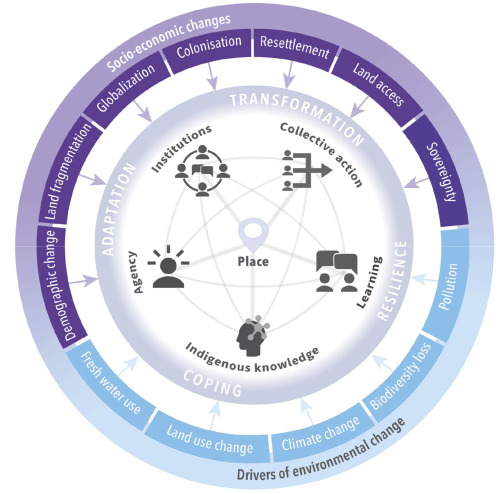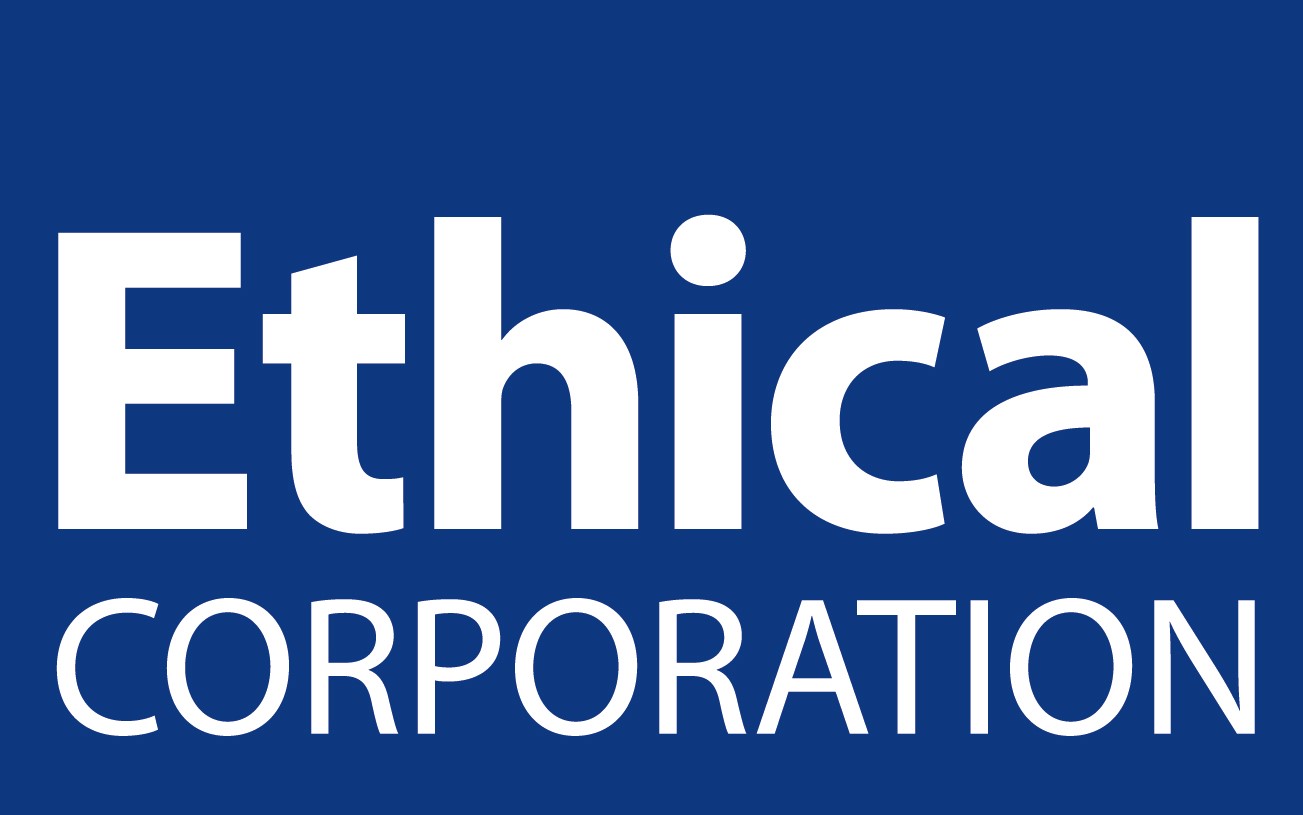In the light of the opportunities presented by the Sustainable Development Goals (SDGs) debate is being reignited to understand the connections between human population dynamics (including rapid population growth) and sustainable development. Sustainable development is seriously affected by human population dynamics yet programme planners too often fail to consider them in development programming, casting doubt on the sustainability of such programming.
Protecting the ocean has become a major goal of international policy as human activities increasingly endanger the integrity of the ocean ecosystem, often summarized as “ocean health.” By and large, efforts to protect the ocean have failed because, among other things, (1) the underlying socio-ecological pathways have not been properly considered, and (2) the concept of ocean health has been ill defined. Collectively, this prevents an adequate societal response as to how ocean ecosystems and their vital functions for human societies can be protected and restored.
Chitin is the structural material of crustaceans, insects, and fungi, and is the second most abundant biopolymer after cellulose on earth. Chitosan, a deacetylated derivative of chitin, can be obtained by deacetylation of chitin. It is a functionally versatile biopolymer due to the presence of amino groups responsible for the various properties of the polymer. Although it has been used for various industrial applications, the recent one is its use as a biodegradable antimicrobial food packaging material.



